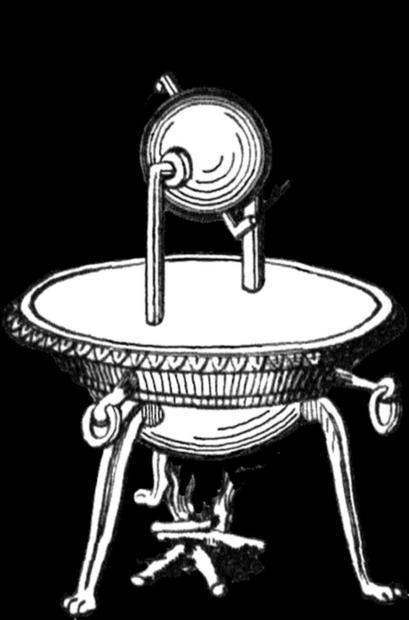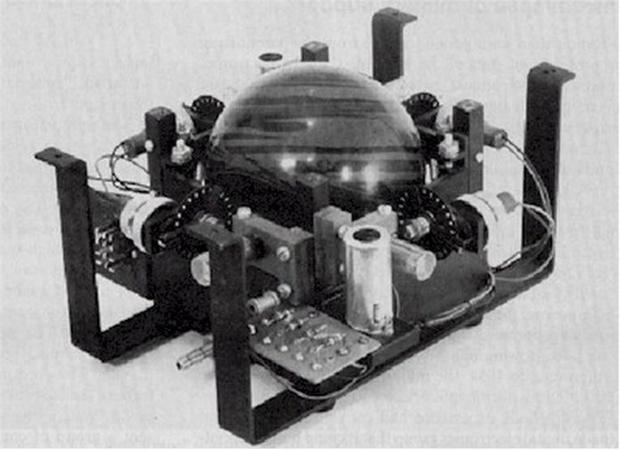
Doug Engelbart

Doug Engelbart
Doug Engelbart died last month at the age of 88. He is the acknowledged father of the computer mouse, and made many other contributions to the cyber-world in which most of us now live, but in an interview with Mature Times this month, retired academic Professor Ralph Benjamin claims he invented what was in effect a mouse back in the 1940s. His credentials are certainly impressive, and in his recent interview he told the paper that when he was working on radar tracking systems back in 1946 he came up with a cursor that could be controlled on a display screen using a pad moved by the palm of the hand. He suggested one way of doing this was with a joystick, but the alternative was what we would now recognise as a mouse.
His employer, the Admiralty, failed to see the potential and was not interested in developing it, it was patented and then filed away. So did Doug Engelbart really invent the mouse, or did Ralph Benjamin beat him to it?
As usual, things are not that simple, like Sir Isaac Newton, all scientists and inventors stand on the shoulders of, if not always giants, then those who went before. Engelbart and Benjamin were contemporaries, but this is no less true, and this sort of thing has happened many times before. If Gutenberg invented the printing press in the 15th Century, how come the world’s oldest book predates him by half a millennium? And if James Watt invented the steam engine, what is this curious device below?

An ancient steam engine was developed by Heron of Alexandria who lived in the first century AD.
Below that is another primitive mouse, a trackball from 1952.

A rather cumbersome precursor to the modern mouse; this trackball was developed by three engineers working for the Canadian Navy in 1952.
[The above article was first published August 13, 2013.]
Back To Digital Journal Index